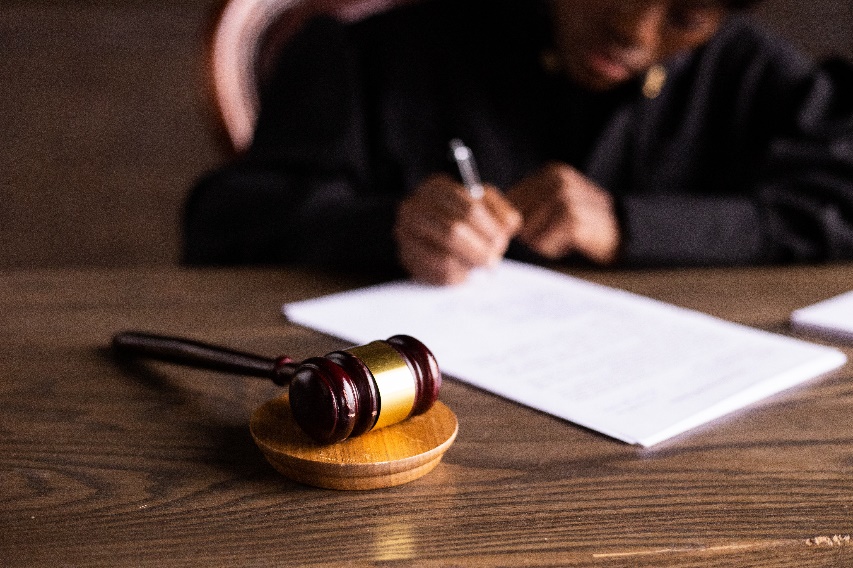A judge usually decides the bail amount after the defendant’s charges in the first court session. Most of the time, judges have a few options when setting bail. They can stick with the standard bail amount, raise or lower that amount, deny bail entirely, grant release, waive the entire bail amount under particular conditions.
During the process of determining bail, the court must consider the level of restriction needed to make sure that the defendant appears in all court hearings and sign an indemnity agreement with a bail bonds agent. Judges also consider how serious the alleged crime is when deciding how many bail restrictions to put on the defendants.
Here are some essential factors to consider when determining bail:
1. Bail Scheduling
A judge sets bail based on a standard bail schedule that links crimes of similar categories to a specific bail amount. This amount will depend on the city and the state where the judge grants bail. A defendant must talk to the judge to pay less than the scheduled bail amount.
2. Severity Of The Alleged Crime
There is a direct relationship between how bad a crime is and how hard it is to set bail. The bail amounts increase with the severity of the crimes committed. Unfortunately for defendants who want to get a small bail, the police usually make arrests for high-bail cases.
3. Criminal Track Record
A defendant with a tainted criminal record will have to pay a lot more for bail. As a last resort, judges may not let defendants out on bail if they have outstanding warrants in other jurisdictions.

4. Defendants’ Community Ties And Public Safety
Defendants having good and positive community ties are less likely to flee or carry the risk of committing more violent crimes. Having good relations with a relative or a community member makes bail more lenient in this case. The court also looks at the defendants’ threat level to themselves and the public.
5. Court Appearance Likelihood
Courts usually set bail higher for people who have a history of skipping court dates and violating other bail conditions. Suppose the court has reason to believe that a defendant is likely to flee the area before the case is over. In that case, the bail amount set will be higher, and the judges can also deny bail.
Many defendants don’t have the financial strength to pay the high bail amounts set by the court and have to stay in jails for extended periods. A lower bail amount is a crucial priority of defendants.
Are you searching for an experienced bail bonds agent to get an affordable bail bond for the release of your loved one? DeLaughter Bail Bonds provides affordable bail bonds services to its valued clients. Our licensed bail bonds agents take pride in delivering high-quality bail services to our customers.
Contact us to benefit from our 24-hour bail bonds services in Fulton County, Indiana.




